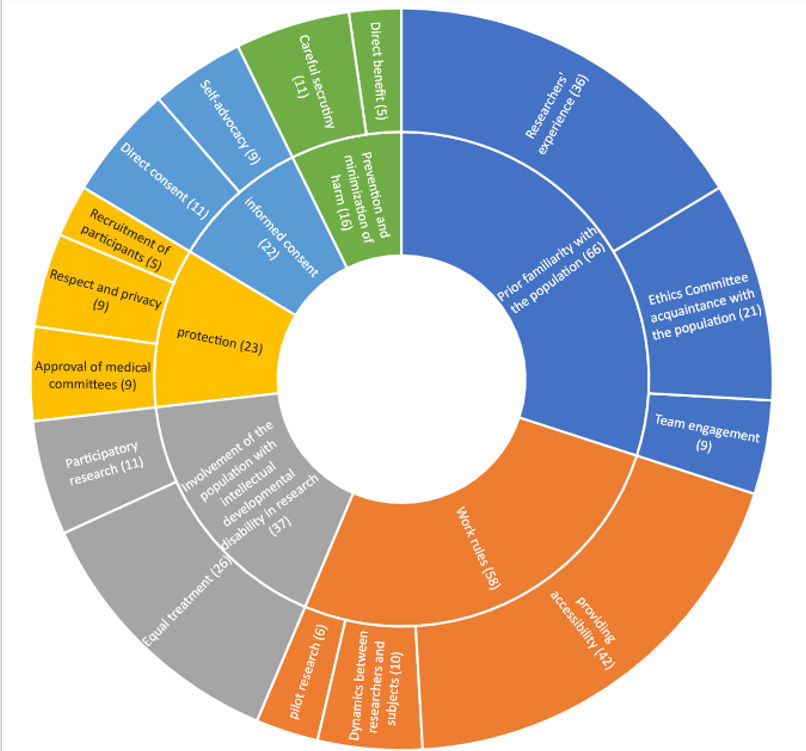
Tehila Raftar-Ozery
Orot College, IsraelPresentation Title:
Ethical guidelines for the inclusion of individuals with intellectual and disabilities in research
Abstract
In recent years, there has been a global policy shift regarding the rights of individuals with intellectual and developmental disabilities (IDD) (Ally et al., 2018). In Israel, this is reflected in legislative changes based on the UN Convention on the Rights of Persons with Disabilities (CRPD, 2012). Despite this progress, significant challenges remain when including individuals with IDD in research—particularly in informed consent of people with IDD and their guardians. These challenges, though often well-intentioned, can limit the active participation of people with IDD in research processes (Mintz & Wasserman, 2022).
This study aims to identify principles related to conducting research with adults with individuals with IDD, in order to develop professional guidelines that promote inclusive, rights-based research practices.
The study employed a qualitative design in two phases: first, analyzing approximately 20 ethical guidelines and policy documents from leading organizations; second, conducting interviews with 8 policymakers, 12 academic researchers, 10 ethics committee members, and 14 adults with IDD (high-functioning).
Two main ethical challenges emerged: the experience of researchers conducting research among adults with intellectual developmental disabilities, and the involvement of staff members who care for these adults. Six ethical guidelines were identified, concerning prior familiarity, work rules, involvement of the population with IDD, protection, informed consent, and preventing and minimizing harm (Figure 1).
This research contributes to the growing field of disability ethics by offering a theoretical and practical framework for inclusive research. The proposed guidelines are intended for use by researchers, educators, and ethics committee members. Figure 1 summarizes the research findings for conducting proper tailored research among adults with intellectual developmental disabilities, which will improve their quality of life.

Figure 1 Ethical guidelines for conducting research among adults with intellectual developmental disabilities
Biography
Tehila Raftar-Ozery has completed her PhD in 2023 at Bar Ilan University, Israel. She is a lecturer and researcher in the field of Special Education at Orot College, Israel. Her academic work focuses on ethics, disability, ethical dilemmas, and inclusion of students with special needs in regular schools. As part of her research under the supervision of Prof. Orly Shapira-Lishchinsky, she developed a digital learning module called Ethicon Digital. The module is designed to raise ethical awareness among researchers and other stakeholders about the inclusion, capabilities, and rights of individuals with intellectual and developmental disabilities (IDD), particularly in the field of education and more broadly in society. The learning tool enables users to engage with real-life ethical dilemmas and practice applying the ethical principles identified in her study. Through interactive scenarios, it supports researchers and practitioners in navigating complex ethical decisions involving individuals with IDD in research, promoting a more inclusive and respectful society. In addition, she explores the mediating role of ‘absenteeism acceptance’ between different leadership styles and school ethical climate on organizational citizenship behaviors and voluntary absence among Israeli teachers from different mainstream and special-education schools.

